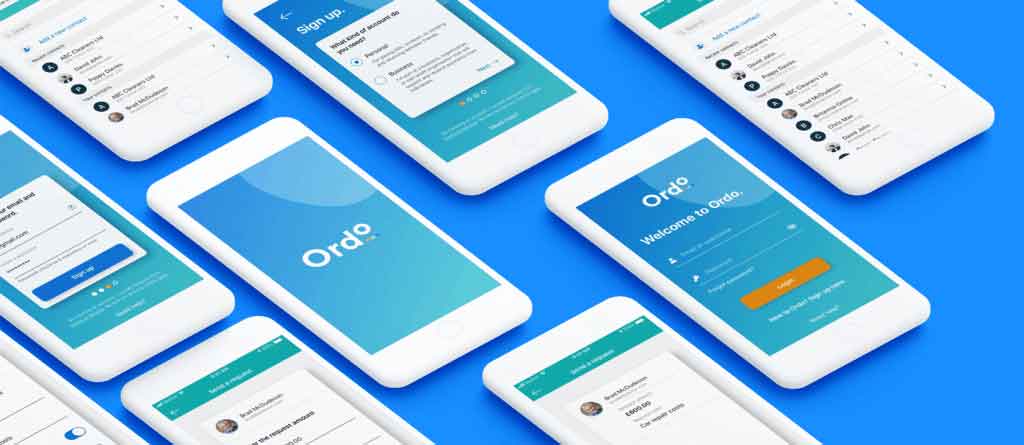In the past few years there has been a big push to encourage cognitive diversity in business, but is it really that helpful? The short answer is yes. By fostering diverse thinking styles, you may come up with a unique solution to a problem, try a new innovative request for payment service, or hit on an imaginative marketing idea.
What is cognitive diversity?
You might not have heard of the term, but you’ll know from your daily interactions that everyone deals with things a little differently. When confronted with a new situation you might prefer to wait and process information before acting, whereas your friend might be more comfortable getting to work right away and thinking on her feet. Cognitive diversity is the term used to refer to the different ways people confront problems – how they approach a new situation and how they use the knowledge they have.
There are lots of tests out there to describe different personality types and Deloitte has formulated a classification system specifically for the business world that puts people into four categories. People can be a mix of types and each category has its strengths and weaknesses. The categories are:
- Pioneers are outgoing and spontaneous. These types of people are energetic and not afraid of risks.
- Guardians are at the opposite end of the spectrum from Pioneers. They are quiet, deliberate, orderly, and attracted to stability.
- Drivers push things forward. They enjoy a good challenge and are direct and logical. Commanders and Scientists are two subtypes of this category and are more extroverted and introverted respectively.
- Interrogators are most adept at building relationships and see all sides of a situation. This category can be divided into more extroverted Teamers and more introverted Dreamers.
Benefits of cognitive diversity
When working as part of a team, we often strive to get everyone on the same page, agreeing with one another, and functioning easily. So, it might seem counterintuitive to strive for a team full of different personality types, some of which might clash. It turns out that it’s better to have a mix of personality types working on a project. A study in the Harvard Business Review shows that teams with a high level of cognitive diversity are more successful at completing tasks than those where everyone shares the same cognitive style.
Nurturing cognitive diversity in your small business
Chances are there are several different cognitive personality types in your small business, but it’s not always easy to see that. Often, people adapt their personalities in an effort to fit in with the perceived business culture. So, what can you do to make the most of the different temperaments on your team? Episode 8 of the Deloitte Business Chemistry Confessions podcast has a few ideas:
- Be aware. Recognise the different types of personalities in your company and make sure everyone has a chance to contribute, not just those who are most comfortable speaking up.
- Send materials in advance. If you’re having a meeting, this will benefit those who need time to mull over an issue.
- Encourage colleagues to stretch their abilities in small ways. Everyone is happiest in their comfort zone, but stretching yourself can help you expand your worldview and see things from other perspectives.
If you work on your own, endeavour to expose yourself to different ways of thinking and doing things. Read about other people working in your field, go to a conference, or listen to podcast that highlights different cognitive styles. This will help you understand other perspectives and encourage creative thinking in your business. Creativity can help you hit upon innovative, money-saving solutions for your business. For example, if you’re having a problem dealing with exorbitant card fees, why not take a fresh approach and try Ordo as your new request for payment service. Ordo is simple, secure, and low cost. Each request for payment is just a flat fee of .20p. Try Ordo today and you’ll get your first 20 Smart Requests for free!
